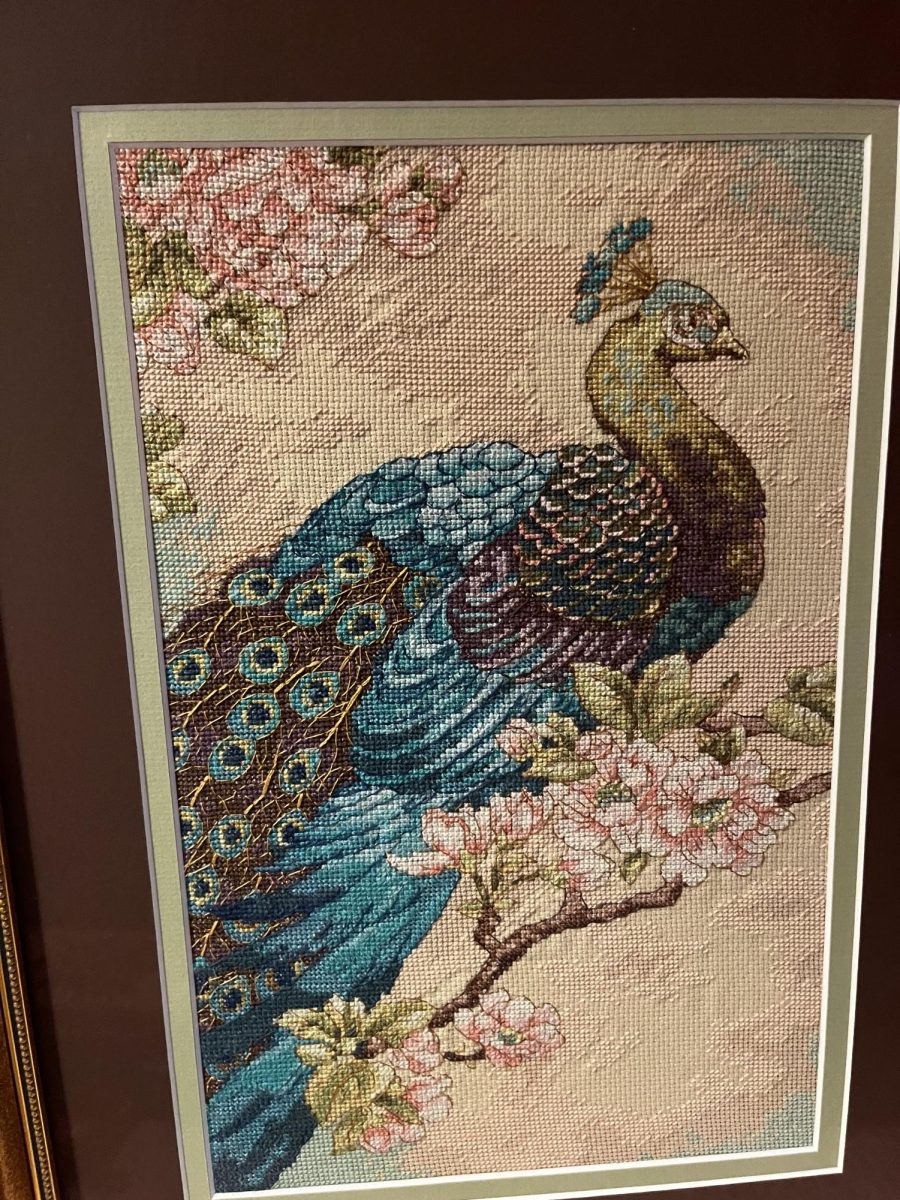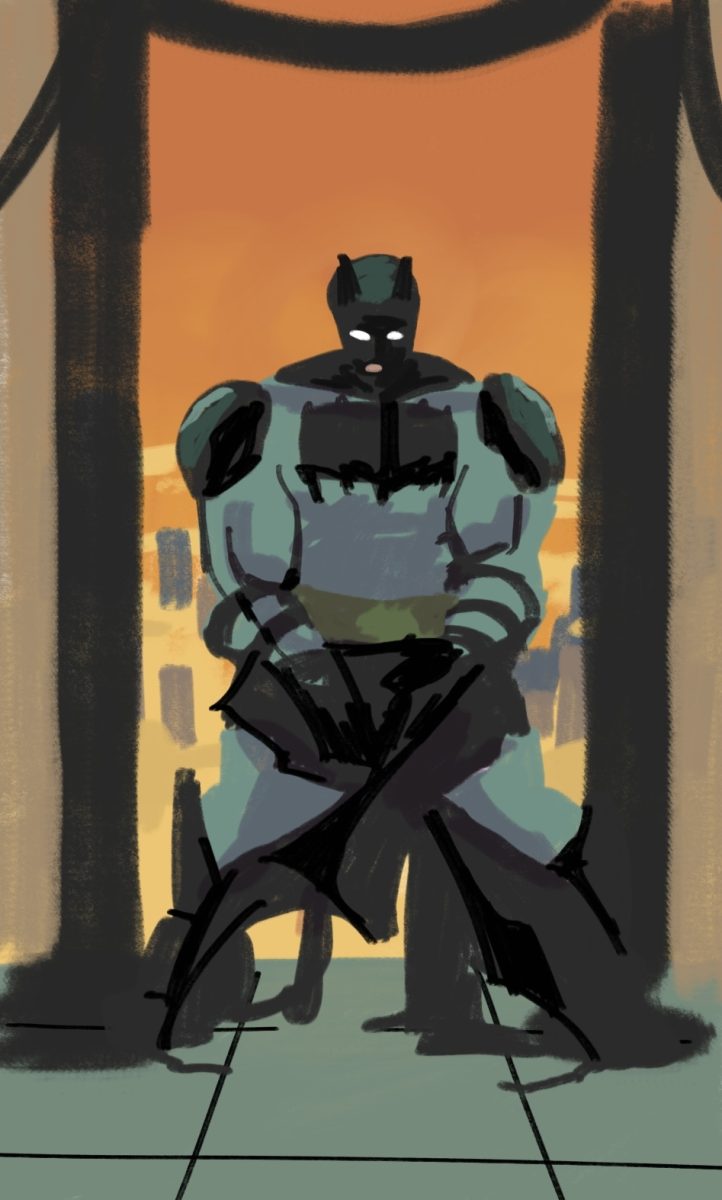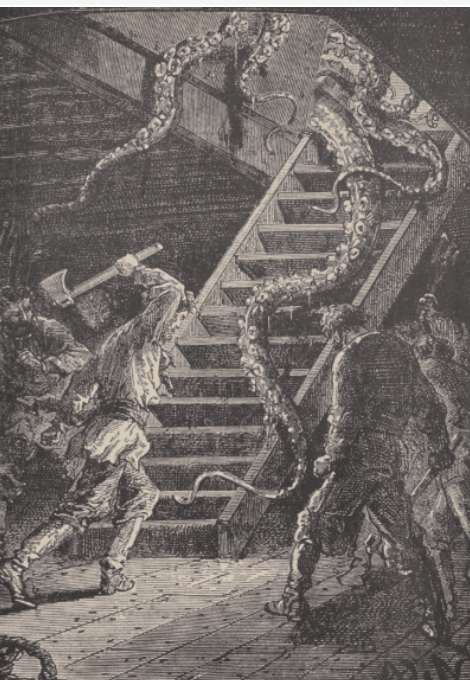Speculative fiction can be defined as a work of fiction that belongs in a world that is not our own, perhaps an extension or a reflection of it. It includes science fiction, fantasy, magical realism, and dystopian fiction. Because it is of a different world, it is unavoidably a vehicle for commentary on our own world. Being able to use allegories and symbolism to communicate both abstract and concrete concepts is powerful. Audiences throughout the centuries have been privy to this cohesive form of critique of various relevant issues.
In the 19th century, the author Jules Verne became a prominent pioneer in the science fiction genre. One of his most notable works, Twenty Thousand Leagues Under the Sea, aligns with his other works in his exploration of technology blended with the fantastical. Through this, he critiqued capitalism and utilitarianism and warned of the dangers of unchecked technological development. Though this was written in the past, these themes are still relevant today as we continue questioning the morals of the growth of technology.
In the 20th century, a classic example of societal critique in the literary form is Animal Farm by George Orwell. This novel depicting an animal farm is a direct allegory and criticism of communist Russia. Orwell’s words warn of the dangers of power and the value of critical thinking. Its accessibility allows for a universal caution against the corruption of revolution and government.
These days, while there are certainly more literary examples of speculative fiction offering commentary, few are more culturally relevant than The Hunger Games series by Suzanne Collins. A massive fan base of young adults has enthusiastically consumed these books that take place in a dystopian America. The movie adaptations have expanded the audience that has enjoyed this world where there is a rebellion against a fight to the death orchestrated by the upper echelons. Perhaps this series that touches on a critique of capitalism, government control, and the commodification of suffering has instilled anti-establishment values in young audiences.































Sadie • May 2, 2025 at 9:04 am
Great article Lucy! 🔥